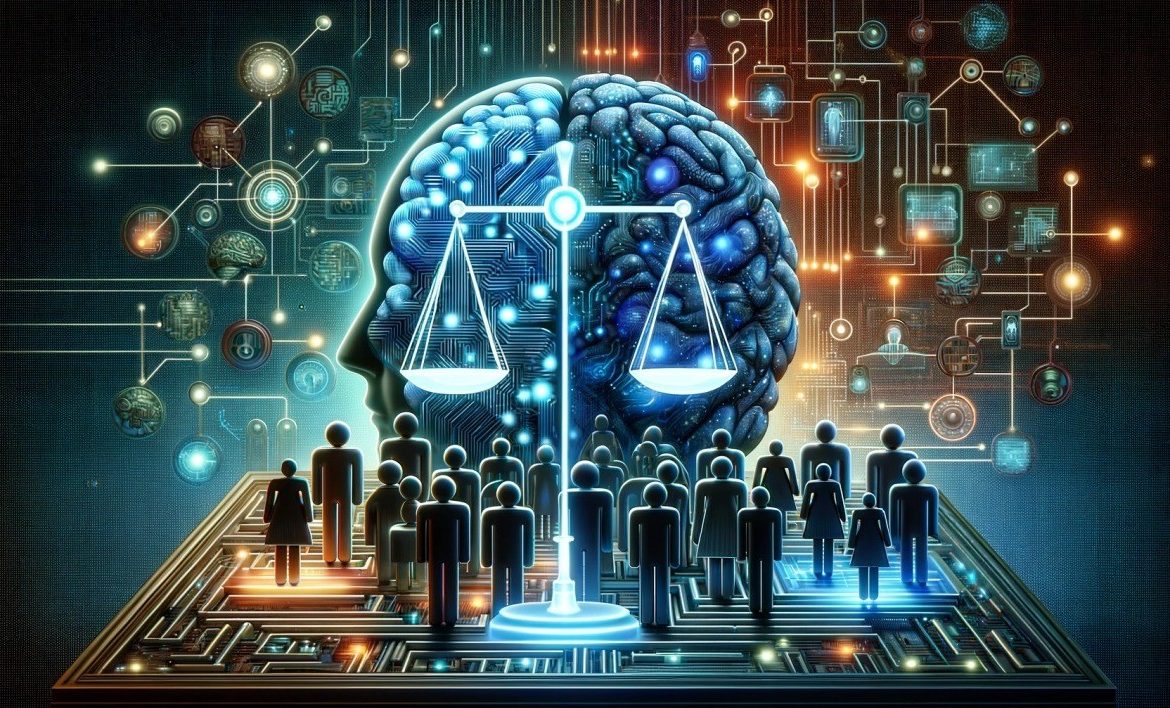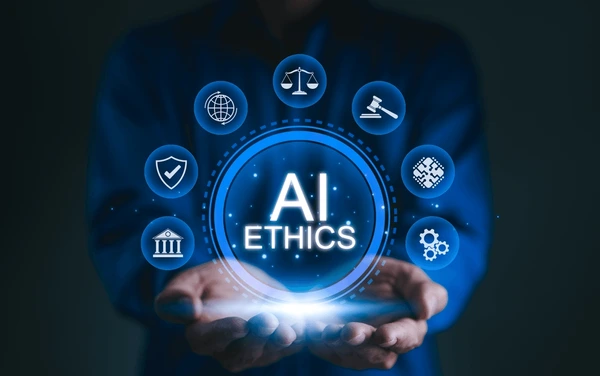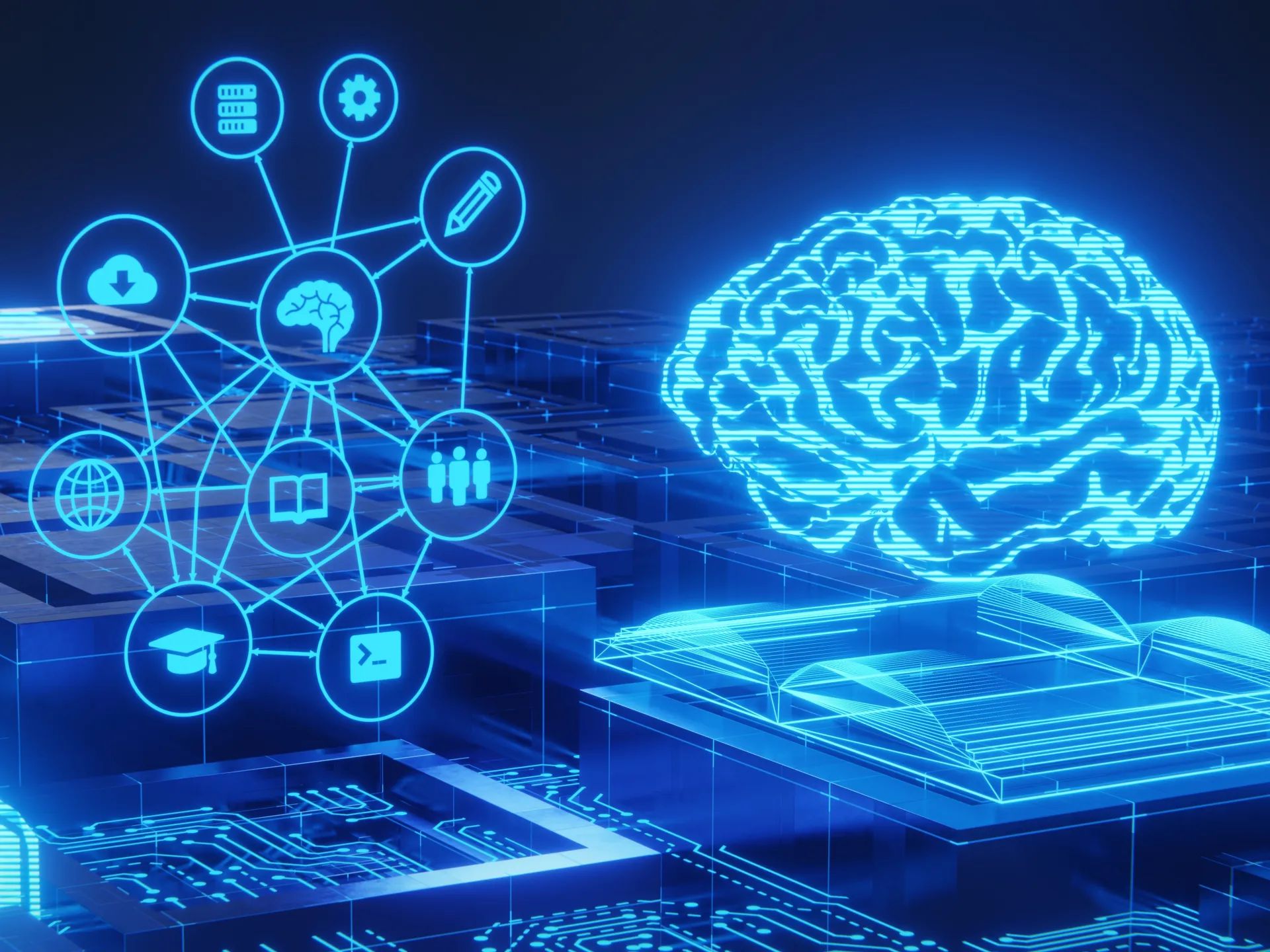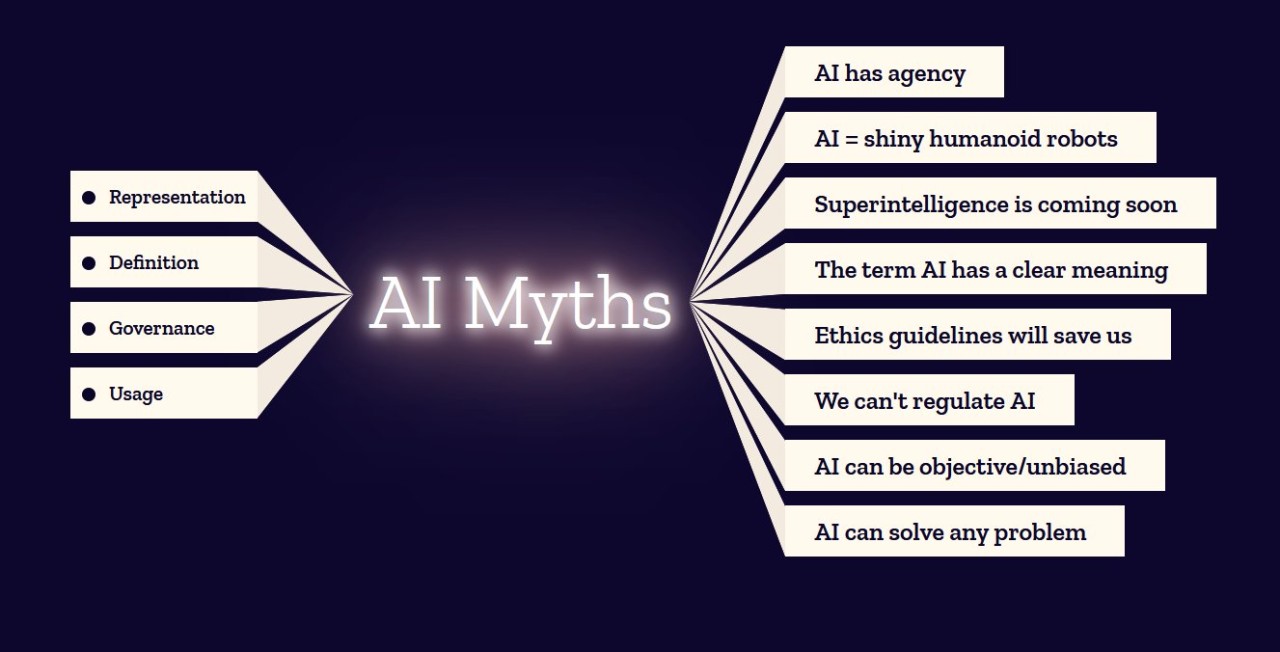Artificial Intelligence (AI) is shaping the future across industries, but its rapid growth raises serious ethical concerns. Experts from academia, technology companies, and policy organizations are emphasizing the need to develop AI responsibly to protect society from unintended harm.
What is AI Ethics?
AI ethics refers to the principles and guidelines that ensure AI technologies are developed and used in ways that are fair, transparent, accountable, and aligned with human values.
How Experts View AI and Ethics
Many experts agree that AI systems must be designed to respect human rights, privacy, and fairness. As AI takes on more decision-making roles, it becomes essential to address issues such as bias, accountability, and the potential misuse of AI technologies.
Key Ethical Concerns Highlighted by Experts
Bias and Fairness: Experts warn that AI models trained on biased data can reinforce discrimination. They stress the importance of using diverse and representative datasets to reduce bias and promote fairness.
Transparency: AI systems should be explainable. Experts believe that people must understand how AI makes decisions, especially in areas like healthcare, hiring, and criminal justice.
Accountability: When AI systems cause harm, experts insist that responsibility should be clearly defined. There must be frameworks in place to ensure that organizations remain accountable for their AI systems.
Privacy: With AI systems processing massive amounts of personal data, experts emphasize the need for strong privacy protections and ethical data collection practices.
Regulation: Leading voices in the field are calling for clear guidelines and regulations to prevent misuse of AI and to promote ethical development across countries and industries.
Benefits of Focusing on AI Ethics
By addressing ethical concerns early, experts believe that AI can be developed in a way that is safe, inclusive, and beneficial for society. Ethical AI promotes trust, improves system performance, and reduces the risk of harm.
Challenges to Consider
Experts acknowledge that creating ethical AI is not simple. It requires collaboration between technologists, ethicists, policymakers, and affected communities. There are also technical limitations in building fully unbiased and explainable systems.
Conclusion
AI ethics is not just a theoretical conversation—it has real-world impacts. Experts agree that balancing innovation with ethical responsibility is critical for shaping a future where AI benefits everyone. By integrating ethics into the core of AI development, society can harness the power of AI while minimizing its risks.







Leave feedback about this